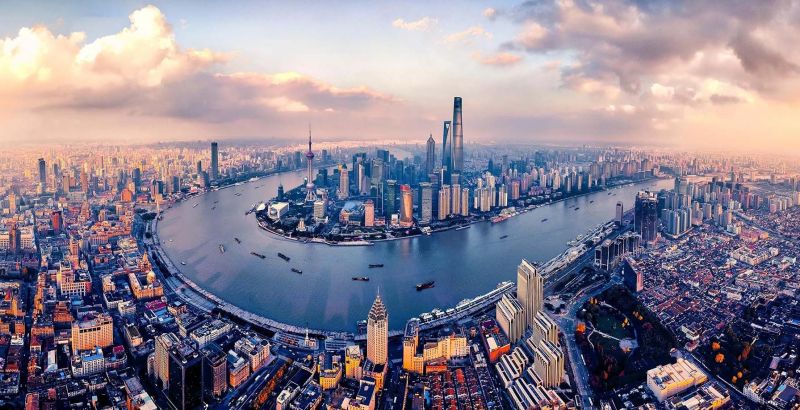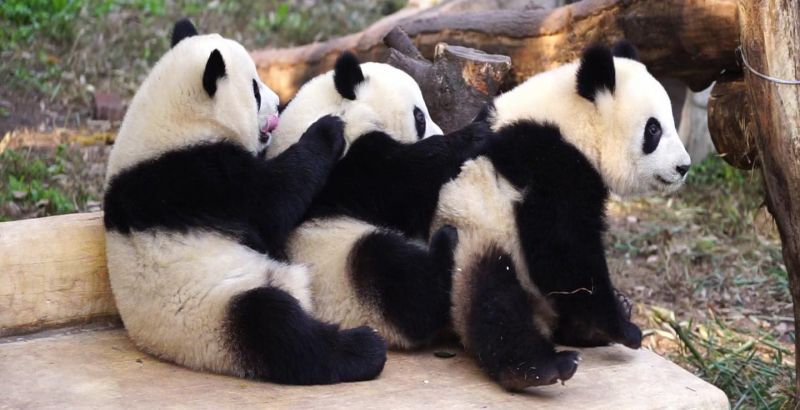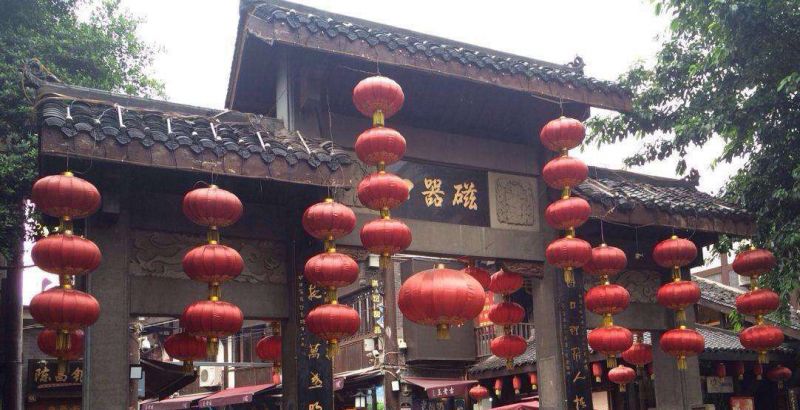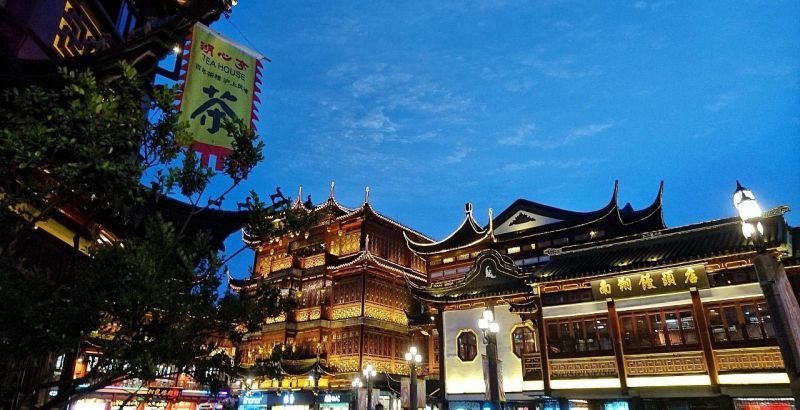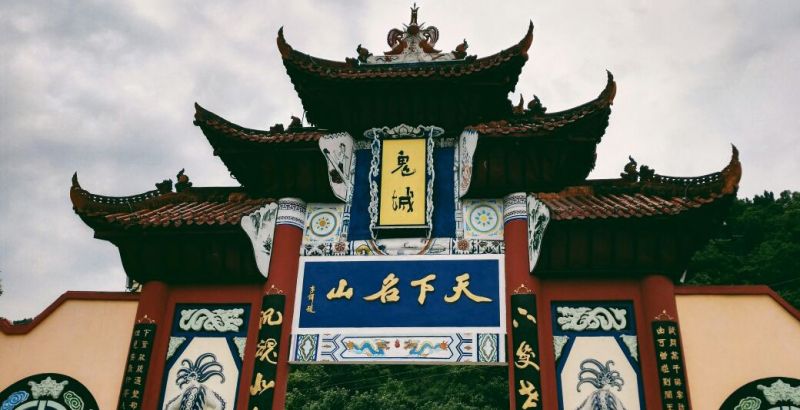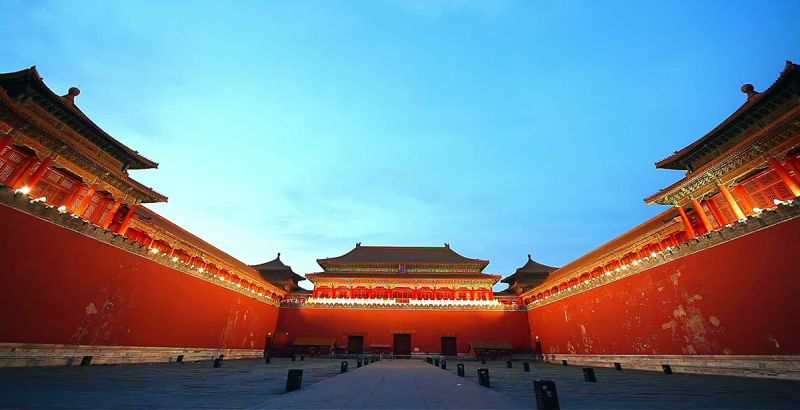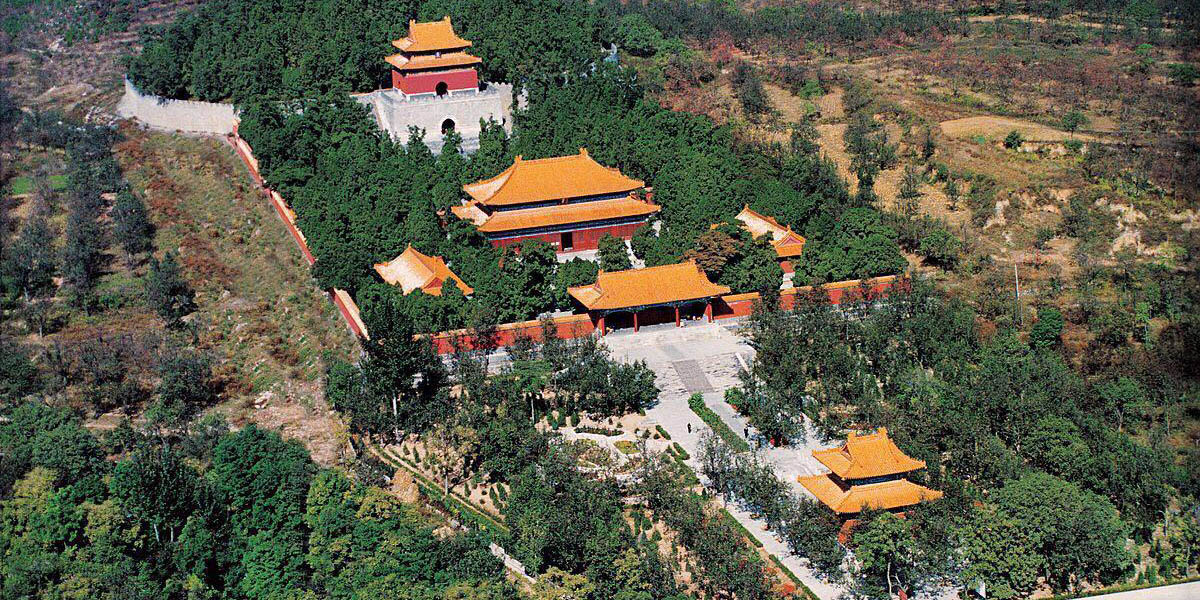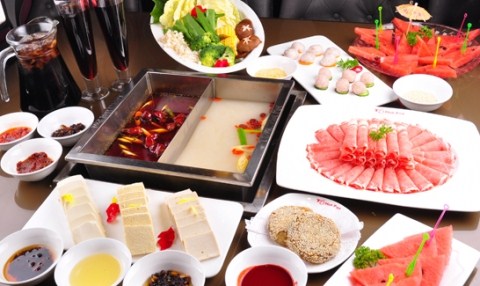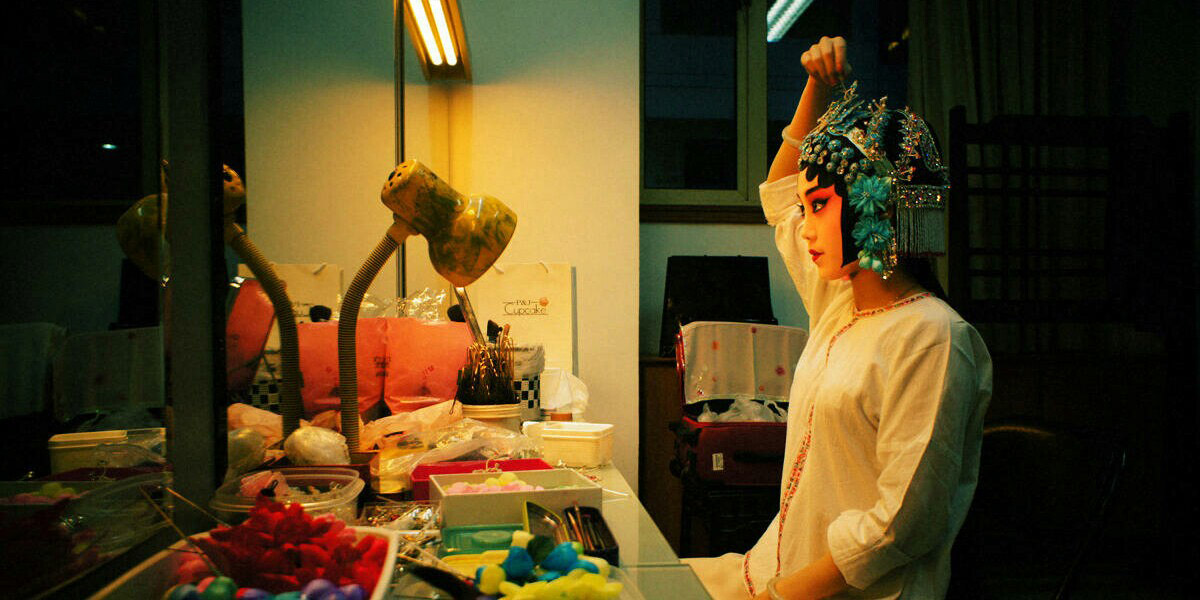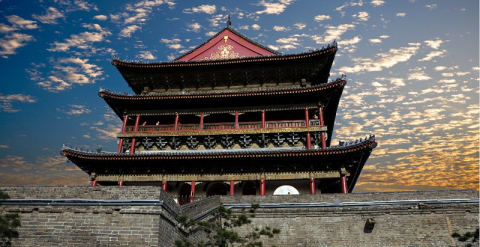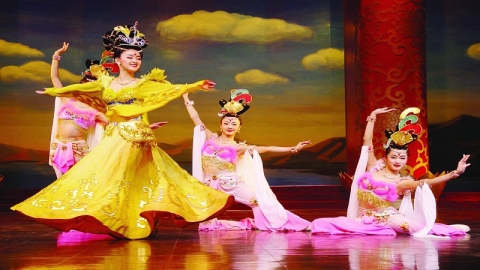11-day Honeymoon China Tour to Beijing, Xian, Chongqing, Yangtze River and Shanghai
- Private Tour
Price Per Person in USD
Booked by 0 travelers
5 Stars
Hotel+Tour
4 Stars
Hotel+Tour
3 Stars
Hotel+Tour
Only
Tour Fee
1 person
$2786
$0
2 person
$1997
$0
3 person
$1769
$0
4 person
$1640
$0
5 person
$1600
$0
6 person
$1537
$0
7 person
$1502
$0
8 person
$1456
$0
9 person
$1417
$0
≥10 person
$1344
$0
Review (1)

Highlights
Welcome to your romantic honeymoon in China. Deluxe and romantic accommodations, considerate itinerary and unexpected surprises are all included on this tour. Explore both ancient cultures and enjoy a prosperous modern life. Your informative guides will show you around not only to the most classic spots, but also take you for a genuine local experience by visiting adorable giant pandas and local markets. Besides, the high-speed train from Beijing to Xian and cruise on Yangtze River will refresh yourself with new experience en route.
Day 1 Arrival in Beijing
Upon arrival in Beijing, you'll be escorted to your hotel by hospitable guide and driver.
![]() :
:
Day 2 Beijing
After breakfast, your tour begins with a visit to Tiananmen Square and the Forbidden City, the home for 24 emperors in Ming and Qing Dynasty. You will see more than 440 treasures once used by the emperors and their royal families.
After lunch, you continue to visit the Temple of Heaven where the Chinese emperors come to pray for good harvest and worship twice a year. Later, stop at a pearl factory for a short visit before being transferred back to the hotel.
![]() :
:
Scenic spots included in the itinerary
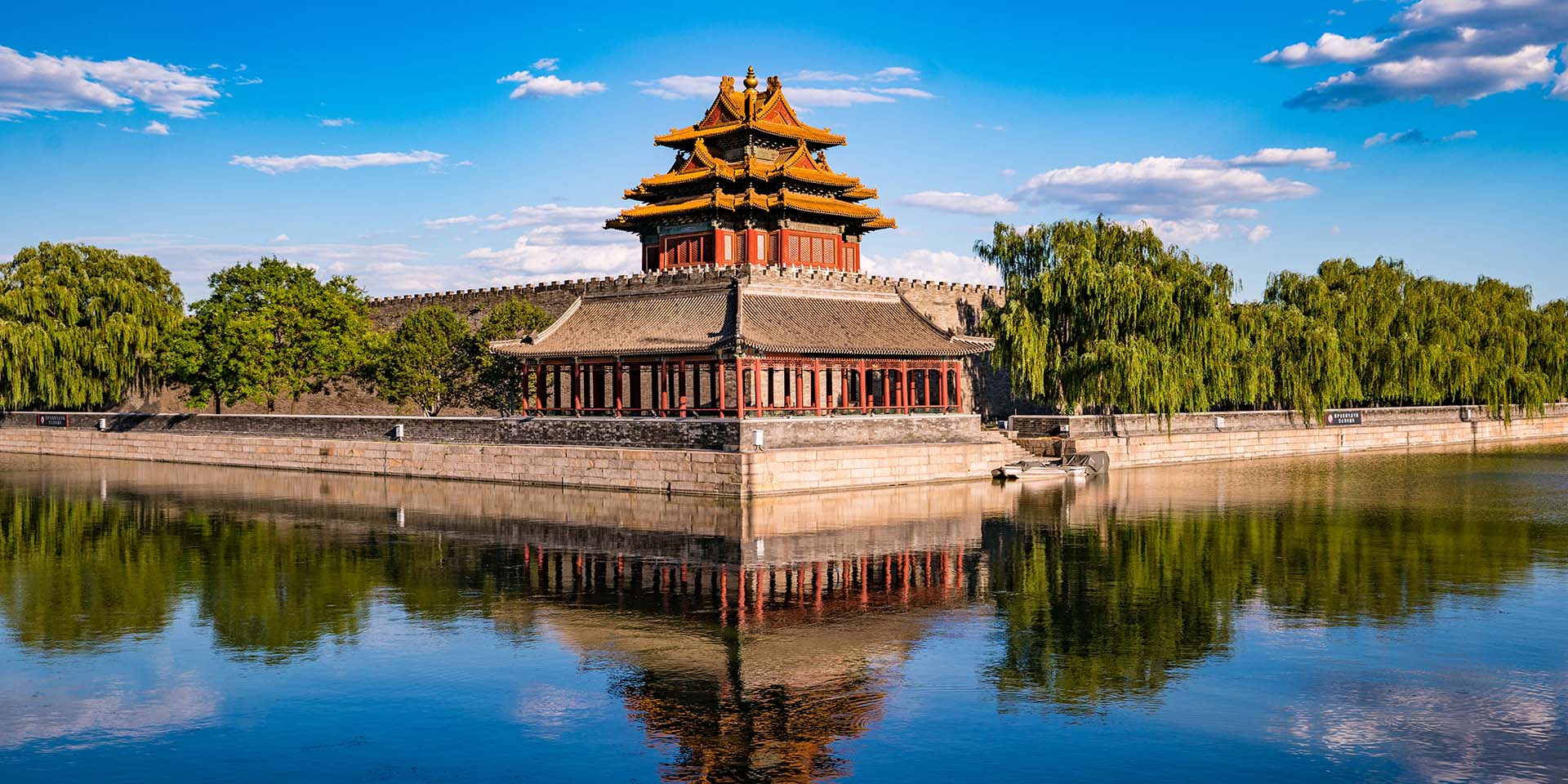
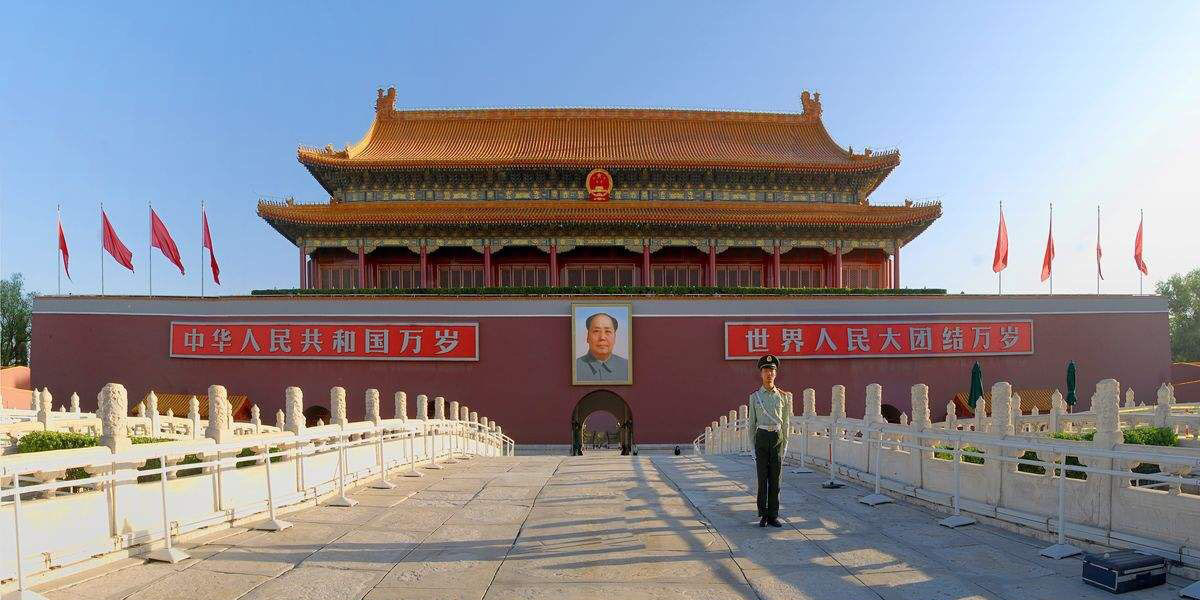
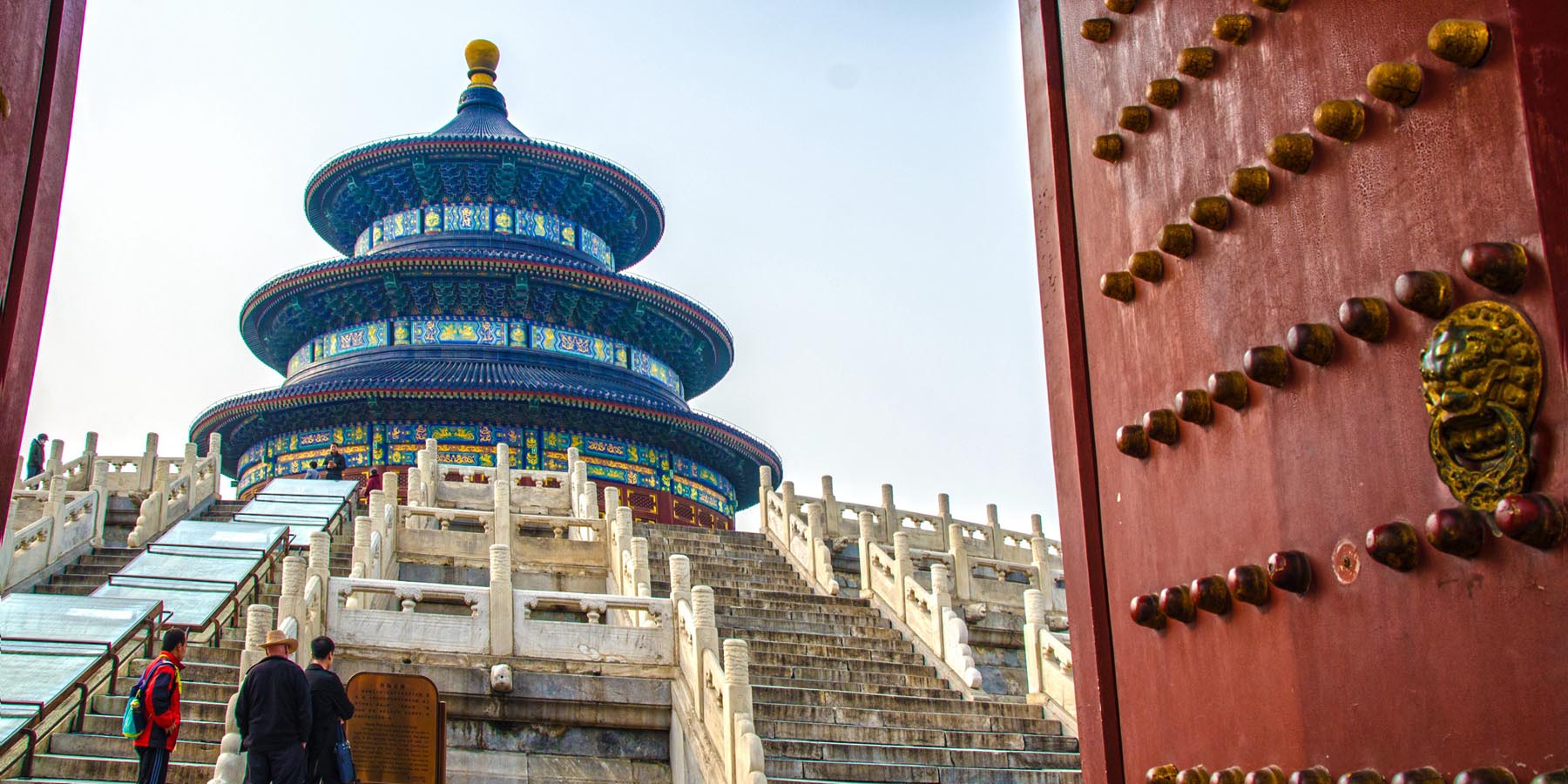
Day 3 Beijing
The highlight today is visiting the Mutianyu Great Wall to enjoy the dramatic vistas and marvel at the wall as you ascend steep ridges and narrow valleys. Riding a scenic cable car up can save your energy. After lunch, have a short visit to the local jade factory to learn jade stone culture and history. After that, continue to visit the Summer Palace. Take a leisurely stroll admiring the beautiful ancient murals along the long corridor. This evening, let's enjoy the fabulous banquet dinner--Quanjude Roasted Duck.
![]() :
:
Scenic spots included in the itinerary
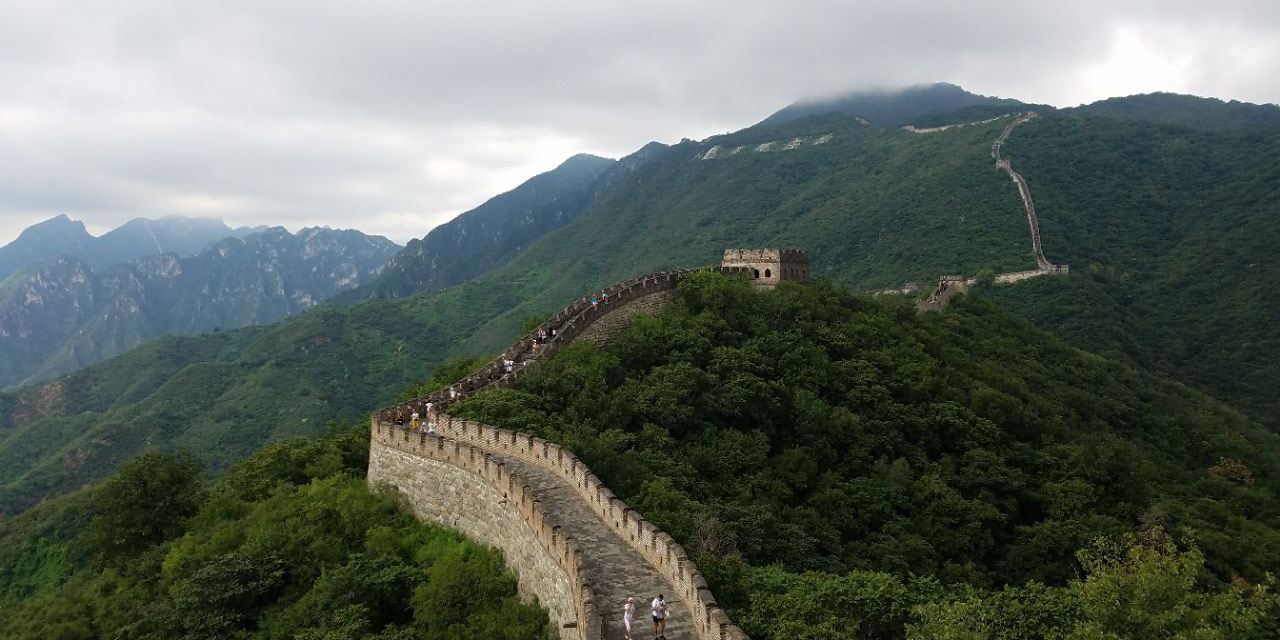
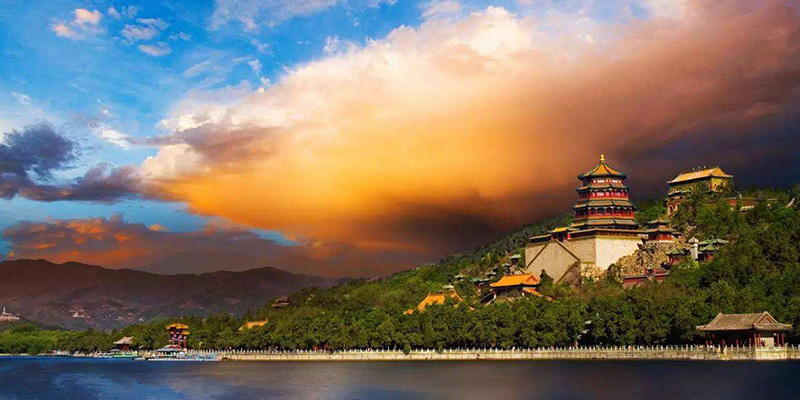
Day 4 Beijing-Xi'an by Bullet Train
Before heading to Xi'an, take a short visit to the Hutong on the richshaw, you will pass through the ancient part of the city and get acquainted with locals by a family visit. After lunch, you will take the high-speed train to Xi'an. In the evening, enjoy nightlife when walking on the Muslim Street, get a chance to taste local snacks and take some cool snapshots. Then go back to the hotel.
![]() :
:
Scenic spots included in the itinerary
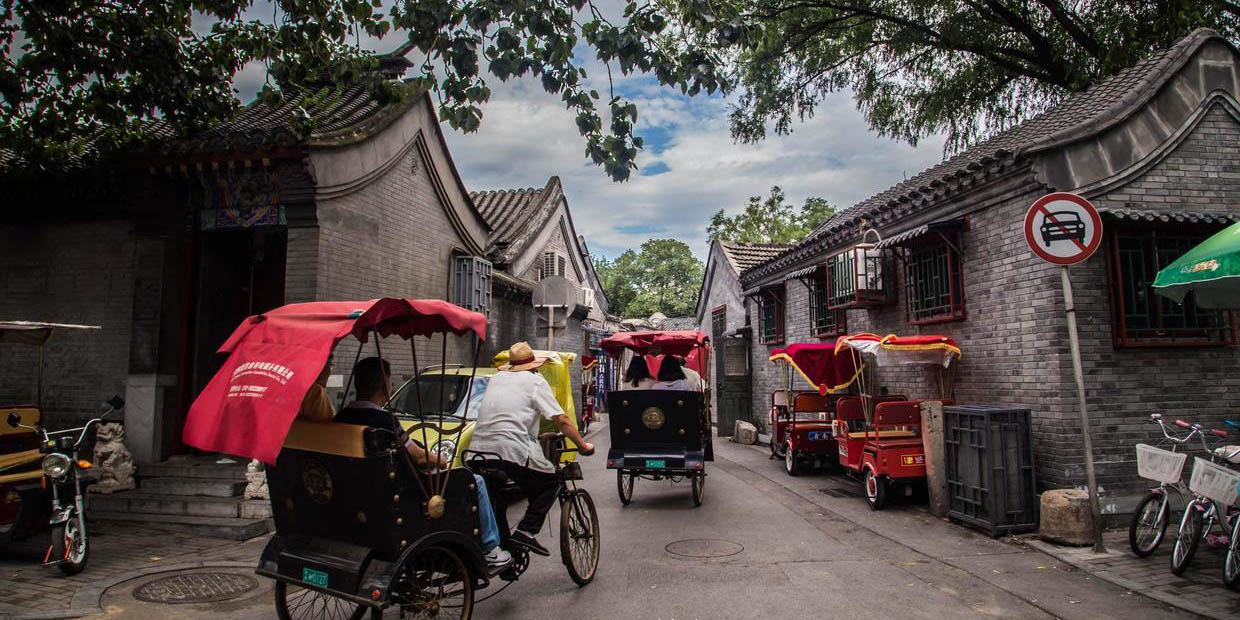
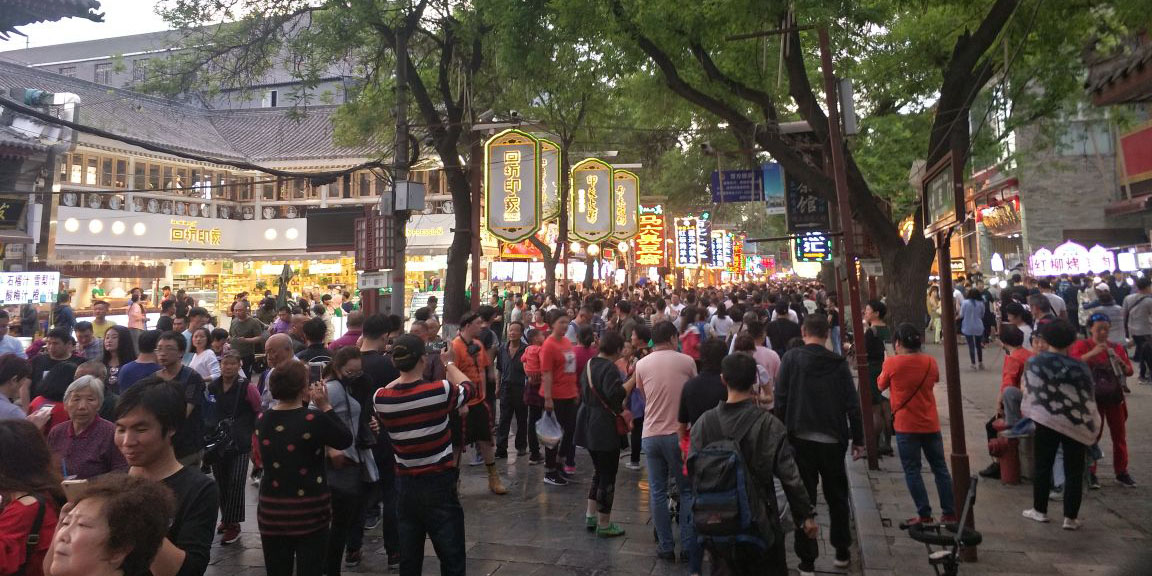
Day 5 Xi'an
Today's highlight is visiting Terracotta Warriors, the famous archaeological relics in China, there are more than 6000 life-size warriors and horses excavated from the tomb of the 1st emperor of the Qin dynasty. After lunch, take a walk at a Handicraft Center where you can try making your own figurines.
In the afternoon, take a stroll or even a bike ride on the Xi'an City Wall and marvel at the complex architecture of the towers and gates on each side of the wall. Then, send you back to the hotel.
![]() :
:
Scenic spots included in the itinerary
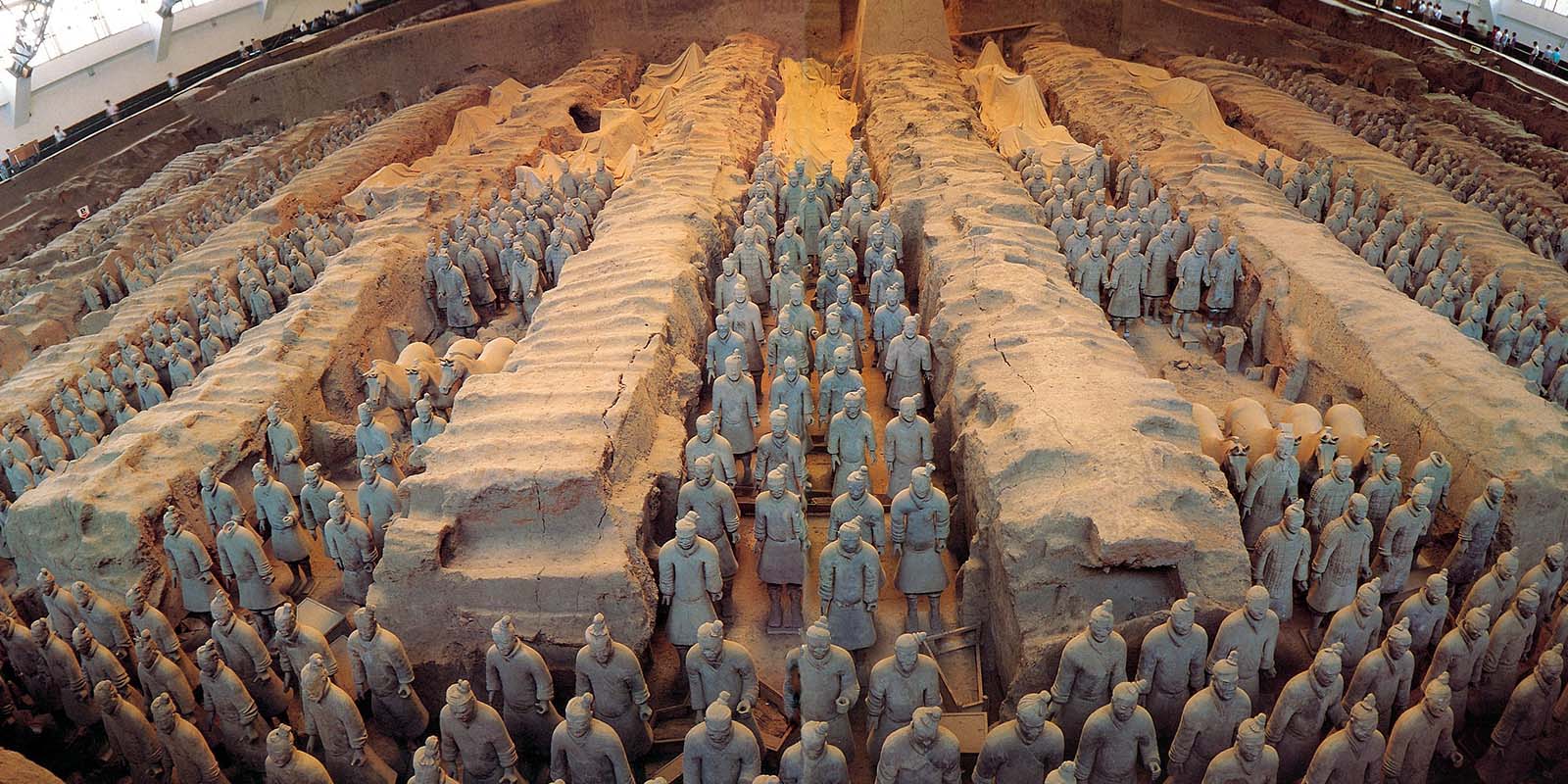
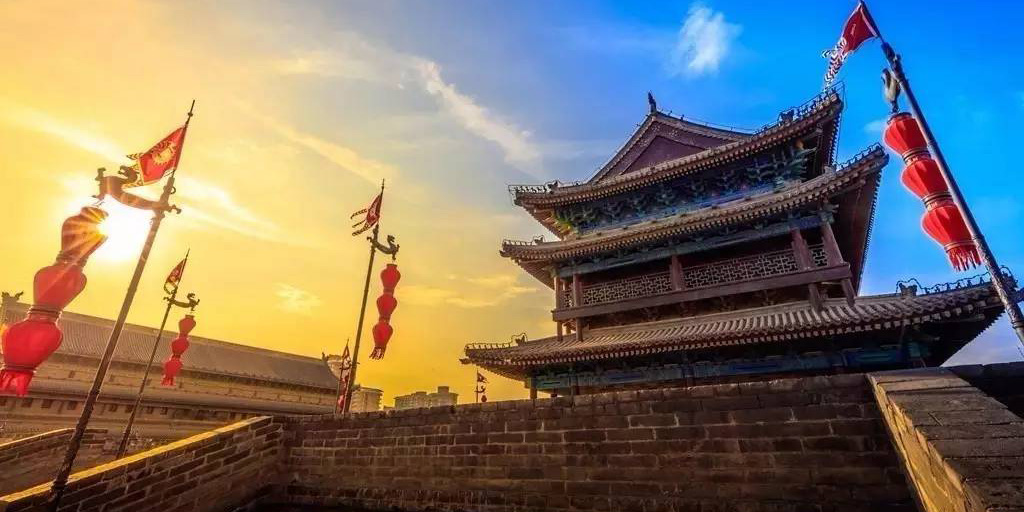
Day 6 Xi'an-Chongqing by Flight
Tour guide and driver will pick you up from the hotel then drive to Xi'an airport. Take a flight to Chongqing. Upon arrival, you will meet a tour guide and then head to the Chongqing Zoo to see cute giant pandas. After lunch, you move to Ciqikou Old Town which is known as the porcelain village. The local residents there still lead a simple life, live in old wooden houses. Ramble on and explore the market area and buy crafts and souvenirs, then taste delicious local food and snacks. Later, you'll board American Victoria ship- Yangtze River cruise and begin with your memorable journey on the Yangtze River. Overnight on boat.
![]() :
:
Scenic spots included in the itinerary
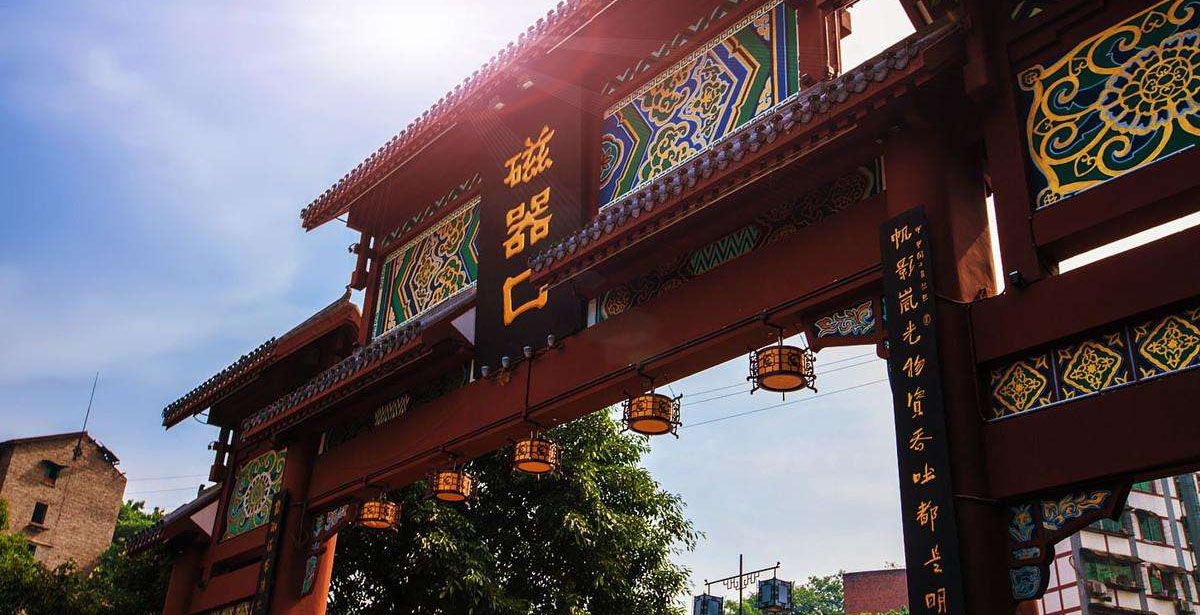
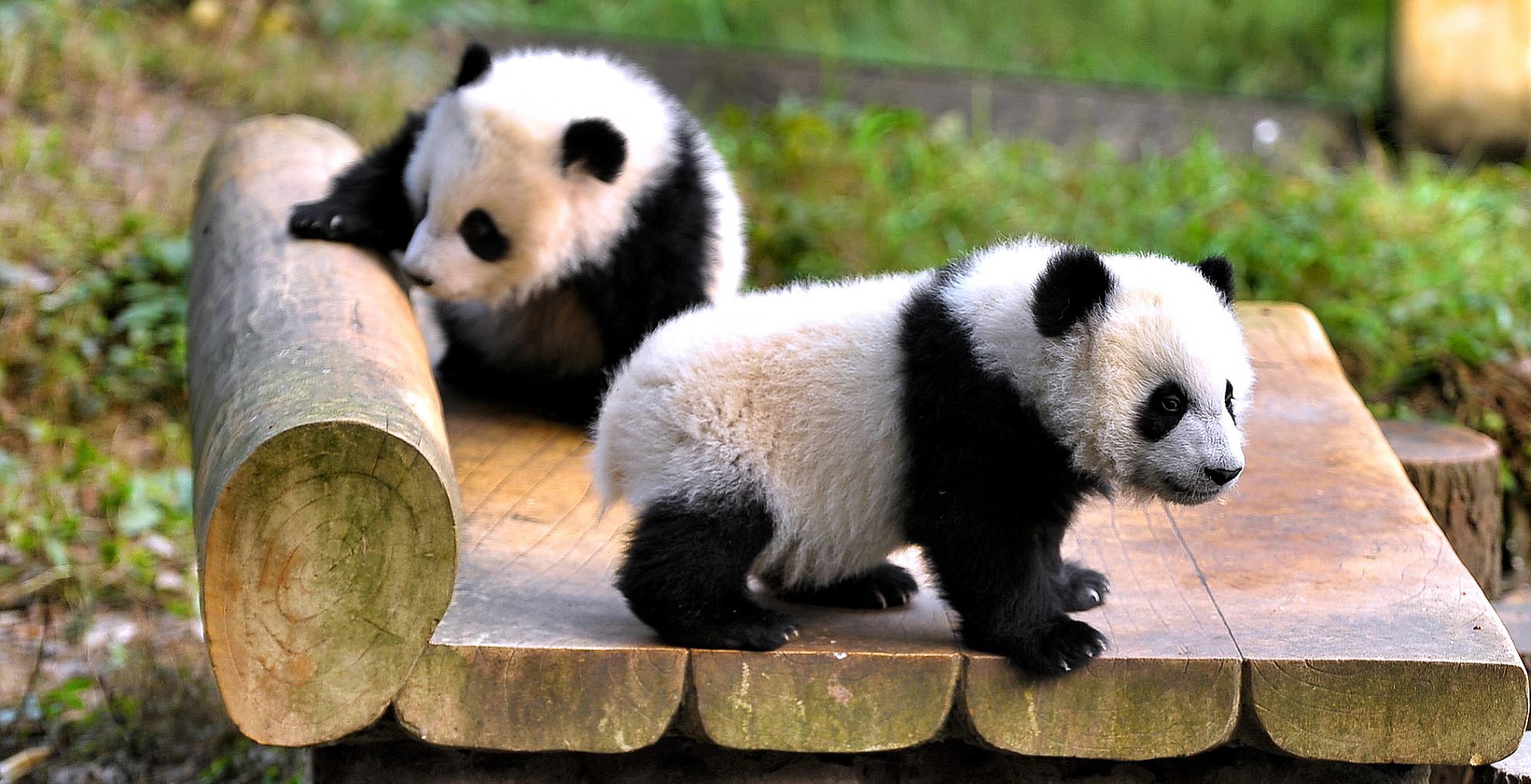
Day 7 Yangtze River Cruise
You'll enjoy the relaxing leisure tour on Yangtze cruise, take shore excursions to Shibaozhai Pagoda which clings to rectangular rocks, literally means Stone Treasure Fortress. It stands on the riverside in Zhong County, and it was first built in 1750. It has 56 meters high and 12 storeys. And every floor of the wooden structure contains interesting artifact. Overnight on the cruise.
You have the option of visiting Fengdu Ghost City (CNY 295/person).
![]() :
:
Scenic spots included in the itinerary
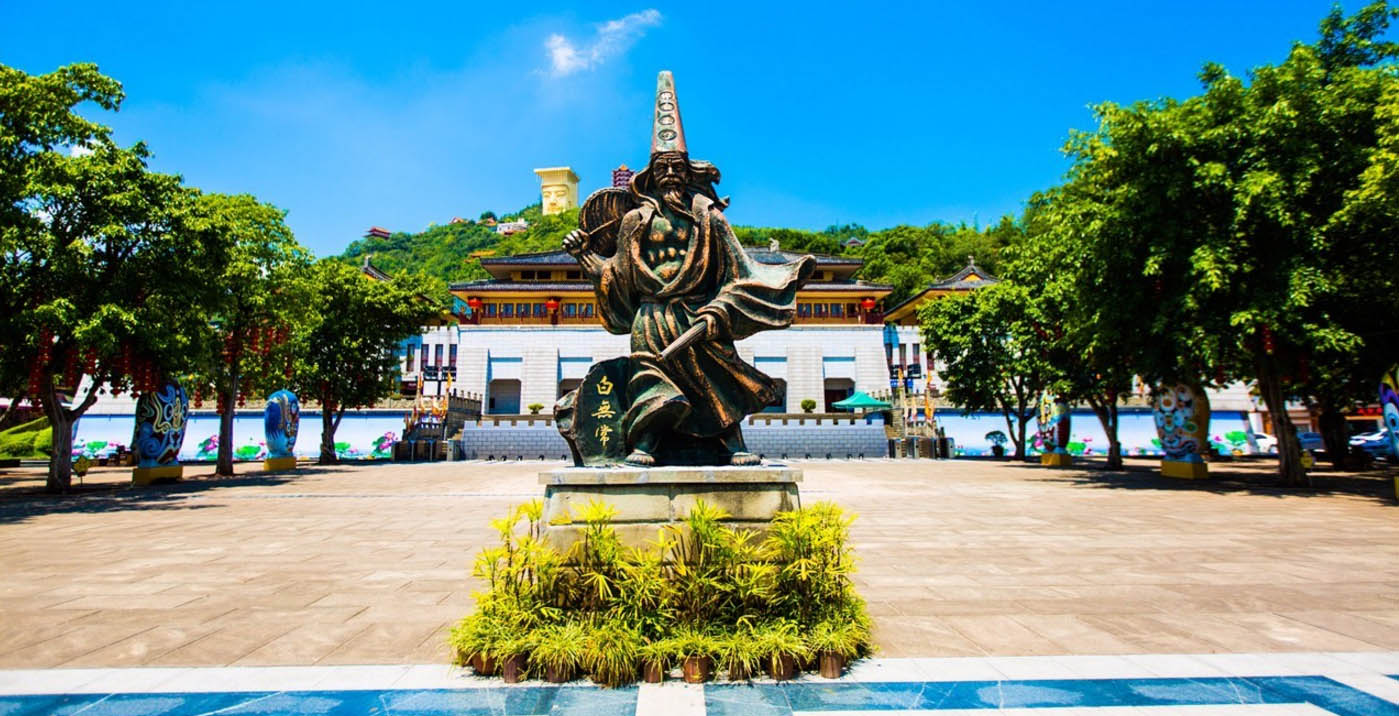
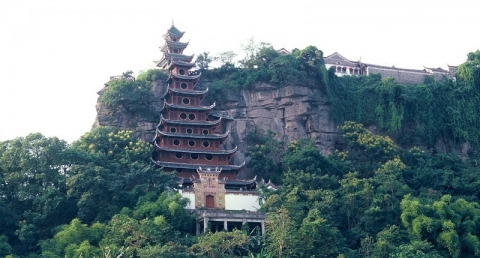
Day 8 Yangtze River Cruise
Passes by the 1st gorge--Qutang Gorge. High shore excursion to Shennv Stream. The stream is another tributary of the Yangtze River with fast-flowing, crystal clear water which runs southwards through deep gorges. Overnight on the cruise.
You have the option of visiting White Emperor City(CNY 295/person). Situated on Baidi Hill at the west mouth of Qutang Gorge in the east Fengjie County in Chongqing, visitors can also enjoy other excellent painting and calligraphy, hear many interesting stories happened in the past dynasties, know about the folk custom of hanging coffins and so forth.
![]() :
:
Scenic spots included in the itinerary
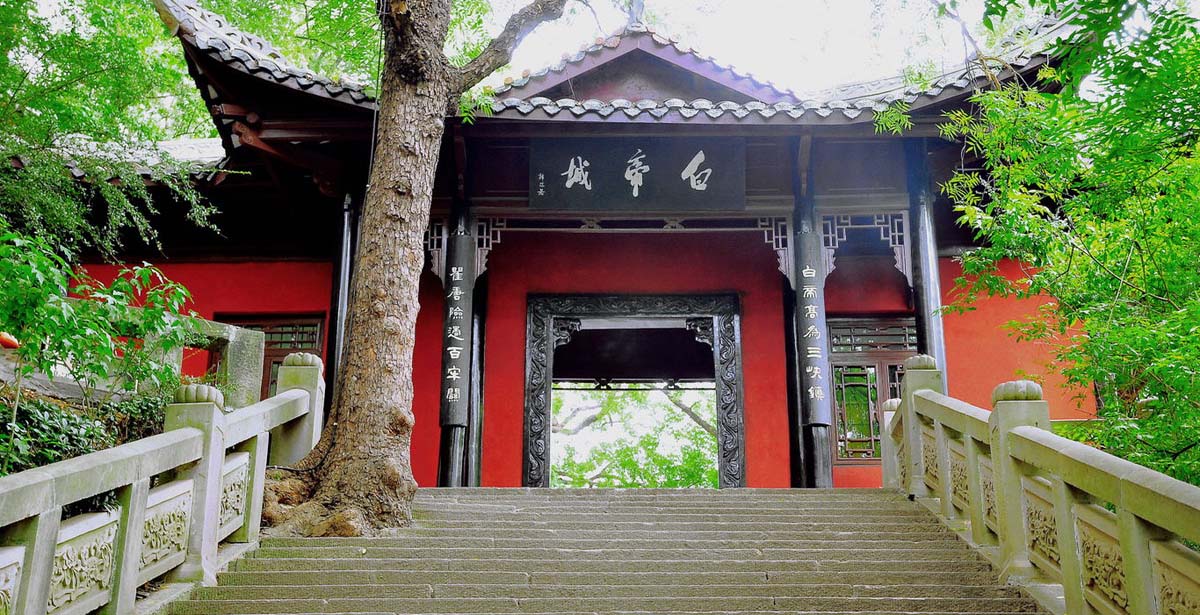
Day 9 Yichang-Shanghai by Train
After breakfast, check out and take the shuttle bus for a shore excursion to Three Gorges Dam Site, the largest water conservancy project ever undertaken by man and it has been a dream for several generations of Chinese people.
Then take the same shuttle bus to Yichang. Arrive at Three Gorges Visitor Center at 12:45--13:30 pm.
At last, you will be driven to the Yichang railway station and go to Shanghai. Upon arrival, then the tour guide and driver will pick you up at the airport in Shanghai and help you check-in at a local hotel.
![]() :
:
Day 10 Shanghai
Today your morning starts a visit to the Shanghai Museum with a great collection of waxworks detailing the history of Shanghai. Later move to the City God Temple Bazaar. Here you will find all kinds of goods including artworks, souvenirs and special folk handicrafts. After lunch, visit the Yu Garden which has exquisite layout, beautiful scenery, and the artistic style of the garden architecture. At last, take a stroll to the Bund and see the essence of this city with historical and elegant nature as well as modern buildings.
![]() :
:
Scenic spots included in the itinerary
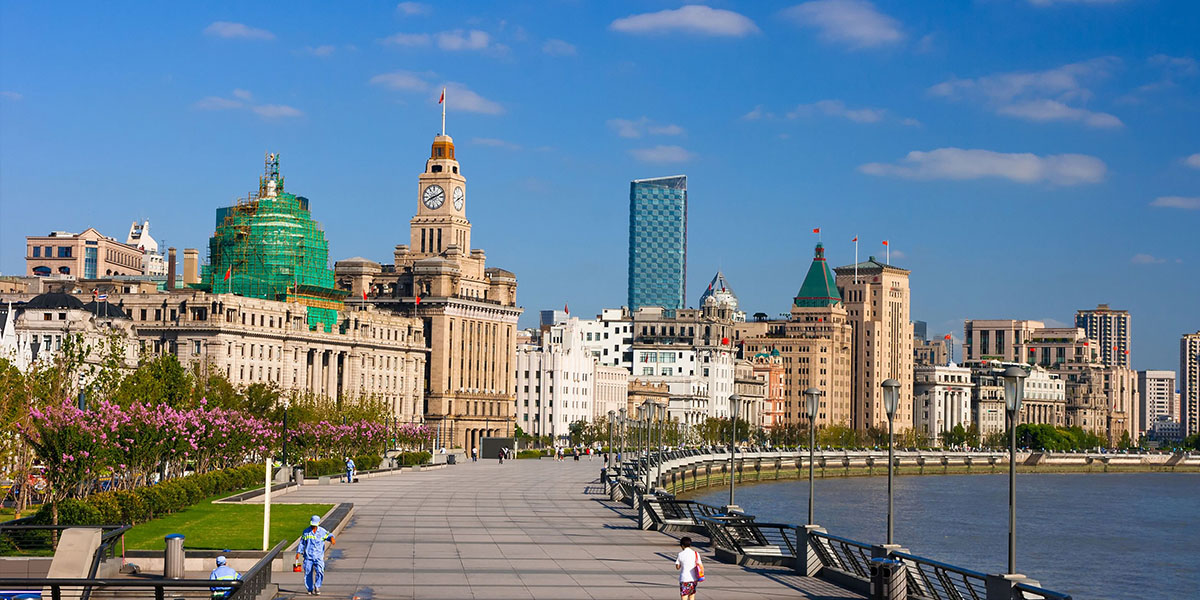
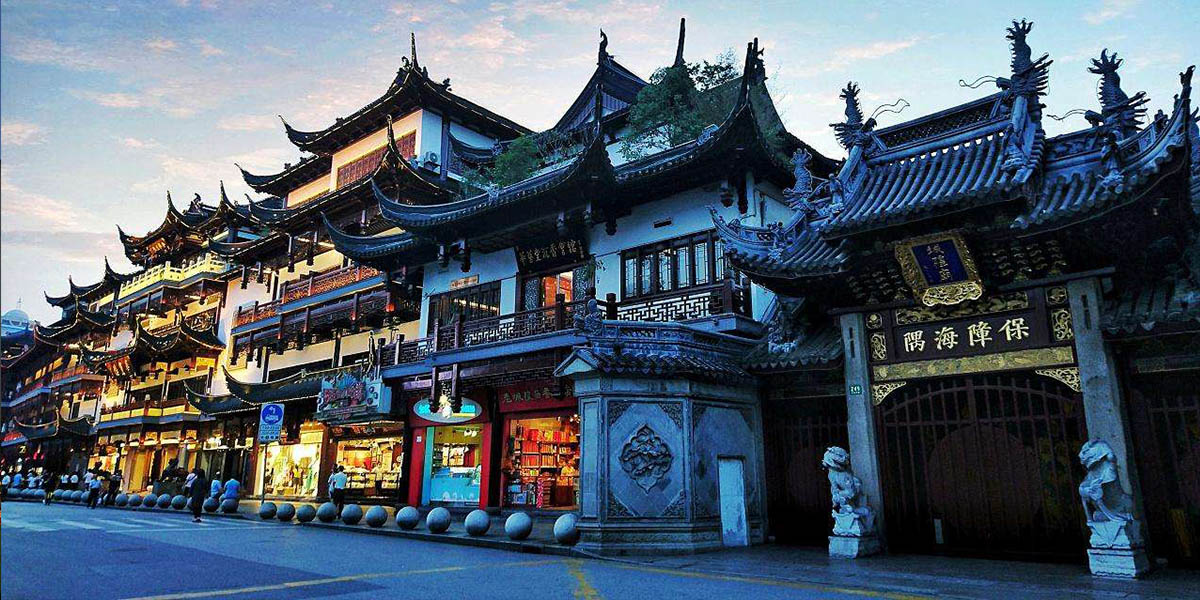
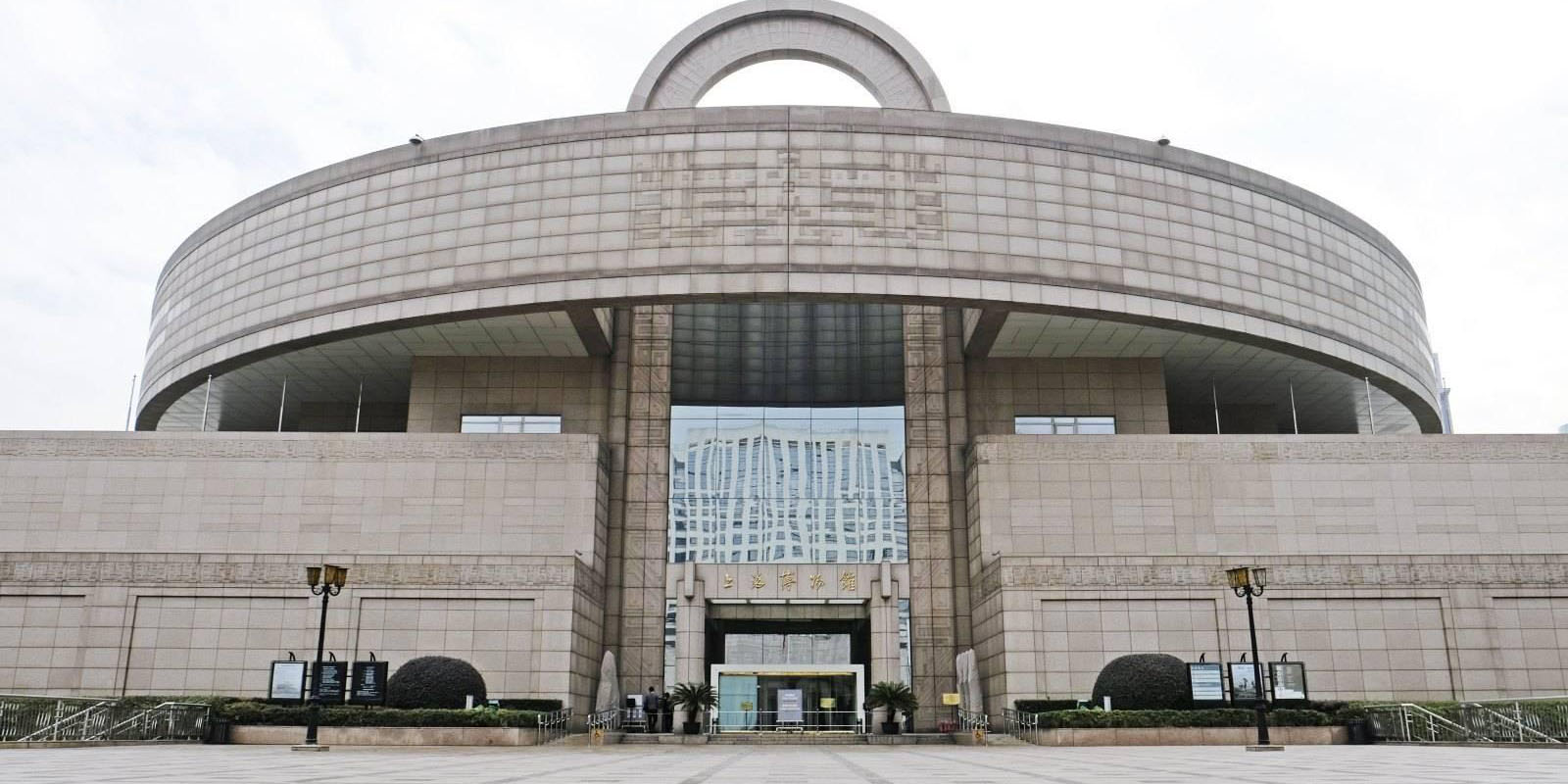
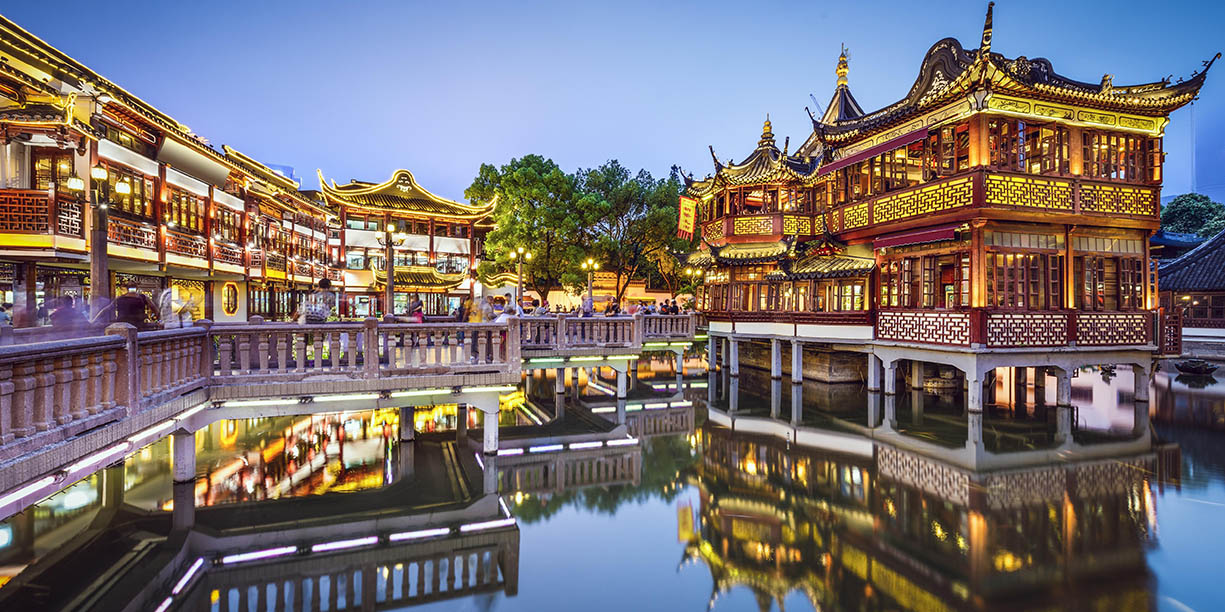
Day 11 Departure from Shanghai
Today drive to Zhujiajiao Water Town which is a fascinating place to stroll on side alleys, bridges, ancient docks. Afterward, be transferred to Shanghai airport for your departure.
![]() :
:
Scenic spots included in the itinerary
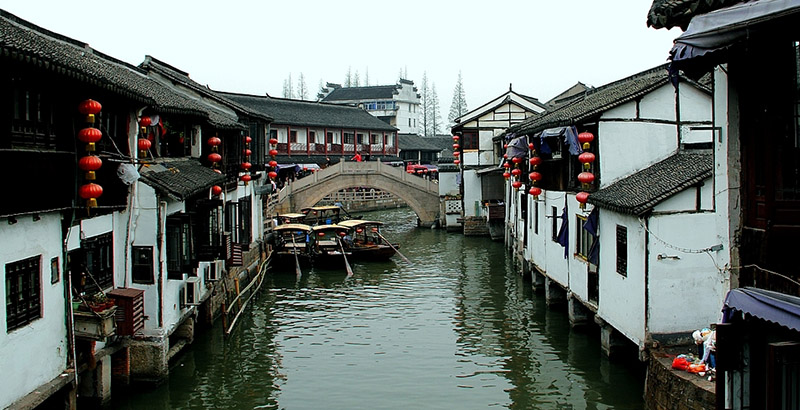
Hotel Location
5 Star Hotel
4 Star Hotel
3 Star Hotel
Add Product
Booking Notes
Includes
![]() Ferry tickets for Yangtze River cruise
Ferry tickets for Yangtze River cruise
![]() Entrance fees
Entrance fees
![]() Meals listed in the itinerary
Meals listed in the itinerary
![]() Airport/railway transfer described in the itinerary
Airport/railway transfer described in the itinerary
![]() Drivers & English-speaking guides
Drivers & English-speaking guides
![]() A bottle of water per day per person
A bottle of water per day per person
![]() High-speed train and flight tickets listed in the itinerary
High-speed train and flight tickets listed in the itinerary
![]() VIP access to the Forbidden City (skip long lines)
VIP access to the Forbidden City (skip long lines)
![]() VIP pass (no need to transfer to the shuttle bus at the entrance)
VIP pass (no need to transfer to the shuttle bus at the entrance)
![]() Accommodation on the cruise
Accommodation on the cruise
![]() Hotels(if selected
Hotels(if selected
Excludes
![]() China visa fees
China visa fees
![]() Gratuities to guide and driver
Gratuities to guide and driver
How to Book:
1. You can book online directly or send email to marcopolo@chinatoursnet.com
2. The personal information you filled in at the time of booking must be exactly the same as your passport. ChinaToursNet will not refund any losses due to missing or incorrect information.
3. Confirmation will be received at the time of booking.
4. Vegetarian option is available, please advise at time of booking if required.
5. We accept Credit Card, PayPal and bank transfer.
6. The schedule can be adjusted by your tour guide due to the actual traffic condition.
7. Child definition: Child taller than 1.1 meters will be charged full price, child smaller than 1.1 meters will be charged half price.
Cancellation Policy:
If you cancel at least 30 day(s) in advance of the scheduled departure, there is no cancellation fee.
If you cancel between 20 and 15 day(s) in advance of the scheduled departure, there is a 50 percent cancellation fee.
If you cancel within 15 day(s) of the scheduled departure, there is a 100 percent cancellation fee.
Hotel, Air tickets, Train tickets, Insurance and Card fees are not refundable.
Got Question & Quick Answer
![]()
![]()
CONTACT INFO
PHONE:
EMAIL:
marcopolo@chinatoursnet.comWhatsApp:+86-13683536536iMessage:+86-13683536536
ADDRESS:
Room 208,Business Building AQiantongtian.Longgang Road,Haidian district,Beijing
WeChat:chinatoursnetSkype:chinatoursnet@outlook.com
WHY CHOOSE US

1:We are in Beijing
2:No hidden fees
3:Downtown hotel
4:professional tour guildes and drivers
5:Flexible tour time,private tour group,customized tour service
6:free mineral water
7:Guarantee enough visiting time
8:Guarantee your satisfactory with your choice
